Background
The National Initiative for Proficiency in Reading With Understanding and Numeracy (NIPUN) Bharat Mission, conceptualised by the Ministry of Education, Govt. of India has been in effect for three years. As a part of this mission’s design, the centre has set a timeline and targets and also laid the roadmap for achieving mission goals and making mission-focused budgetary allocation. While the NIPUN Mission is designed centrally, it is the state’s responsibility to make this initiative a focus area for its schools and relevant stakeholders. To this end, states adapt the mission to their context, set goals and allocate resources to ensure proper implementation. To ensure the goals are met, states plan to conduct periodic evaluation exercises and regularly review mission progress.
It is when the states are done with the ‘playmaking’ that the mission implementation phase kicks in. This is marked by creating roles and responsibilities of the district, block and school functionaries. Out of these, the district is the first level where the rubber meets the road in terms of policy implementation, localised adaptation and direct impact on educational outcomes.
Districts become the key nodes to ensure the success of such mission due to the below-mentioned reasons:
- Proximity-driven Implementation: Since the districts are in closest proximity to educational institutions, teachers and students, they are uniquely positioned to ensure tailored and effective execution at a grassroots level.
- Capacity Building Hub: Districts bear the responsibility of fostering both administrative and academic prowess that is necessary for successful implementation of the mission. Their role entails meticulous planning, resource allocation and ensuring all stakeholders, including teachers, are well-informed about their roles and responsibilities towards the mission’s objectives.
- Real-time Monitoring and Evaluation Hub: Districts serve as strategic hubs for monitoring the efficacy of educational interventions and conducting regular evaluations, providing invaluable real-time insights into progress towards mission goals.
- Governance and Accountability Backbone: Through structured governance mechanisms such as district and block-level review meetings, districts can establish clear lines of authority and ensure accountability for educational outcomes, thereby, serving as the linchpin of education governance.
- Community Engagement Catalyst: Districts play a vital role in fostering community engagement, hosting awareness campaigns and nurturing a sense of ownership among local stakeholders. This community involvement is instrumental in fostering sustainable success for reforms.
For performing the aforementioned functions, the NIPUN guidelines prescribe the formation of an executive body called the ‘District Project Management Unit’, abbreviated as the ‘DPMU’. The composition of DPMUs varies by district, however, it generally includes the chief decision-makers and accountability owners at the district and block levels viz. District Education Officers (DEOs), Block Education Officers (BEOs), and Mentors among other personnel. These DPMUs are responsible for generating salience for the NIPUN Bharat Mission, clarifying goals, providing additional capacity to build academic and governance muscle and ensuring that the right data is being used to make a decision.
However, the scale and intricacy of the district inevitably give rise to significant challenges for these PMUs. The challenges that the DPMUs face primarily include non-clarity on implementation mandates; insufficient capacity to motivate and train cadres; lack of capacity and/ or robust mechanisms to assess the quality of reform inputs, gaps in review processes and data-driven decision-making and persistent challenges in ensuring data accuracy and reliability. It is important to address these gaps so that the DPMUs can navigate their inherent complexities and effectively achieve reform objectives.
Further in the article, we will discuss a few examples of how various states are enhancing the capabilities of their DPMUs to steer through the aforementioned challenges.
- Additional resource deployment with DPMUs through CSO partnership (with examples from Haryana)
Since 2021,Central Square Foundation has served as the State PMU partner for the implementation of NIPUN Haryana Mission. In 2024, this team has been expanded further, with each team member mapped to two districts, in order to provide dedicated support on district-level mission delivery through three key projects.
Project 1: Improving Data Quality aims to refine decision-making through the integration of accurate and actionable classroom data. To do this, a district-level supervision team has been identified and trained by DPMU members, on top of the existing mentor cadre (primary data collection cadre in Haryana). The goal is to get the data collected by this additional team triangulated with the mentor data and integrate it into decision-making.
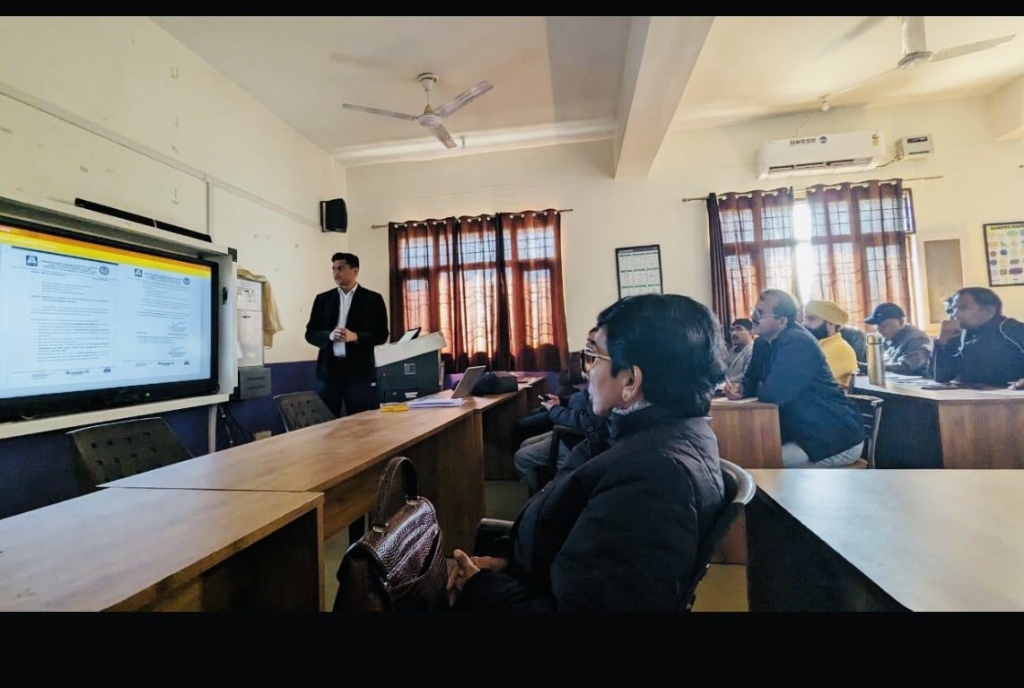
Project 2: Middle Management Capacity Building for NIPUN aims to strengthen the capacities of district, block and cluster officials through strategic joint school visits, personalised engagements and KPI-centric review meetings. The PMU tracks various metrics for district officials, block officials and mentors to assess their awareness, compliance, ownership and data proficiency.
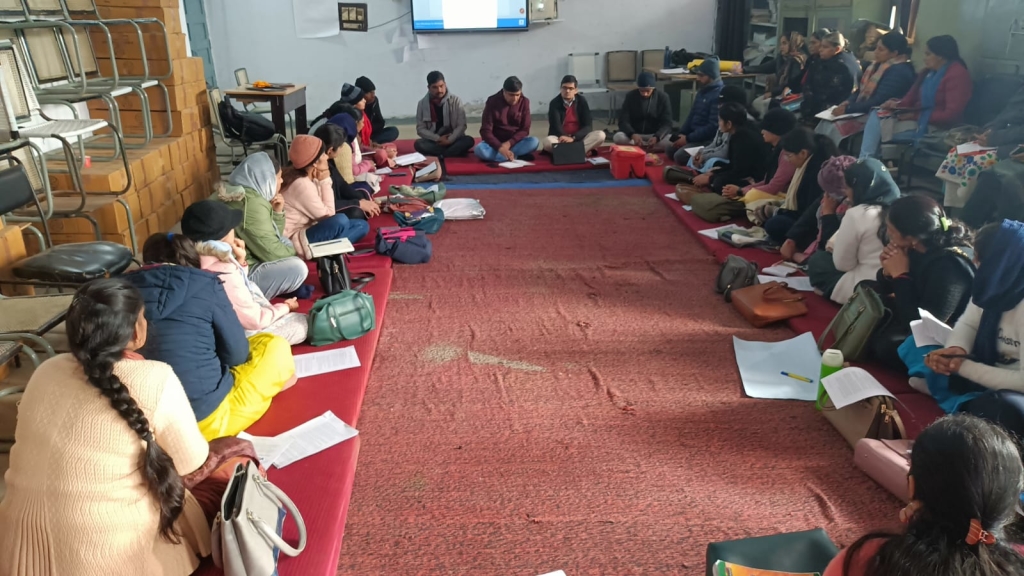
Project 3: Review Meeting Sharpening streamlines and enhances the impact of district and block review meetings through data-backed planning and tools for actionable meetings. This results in the creation of a robust process for tracking meeting effectiveness and generating significant actionable outcomes for the DPMUs.
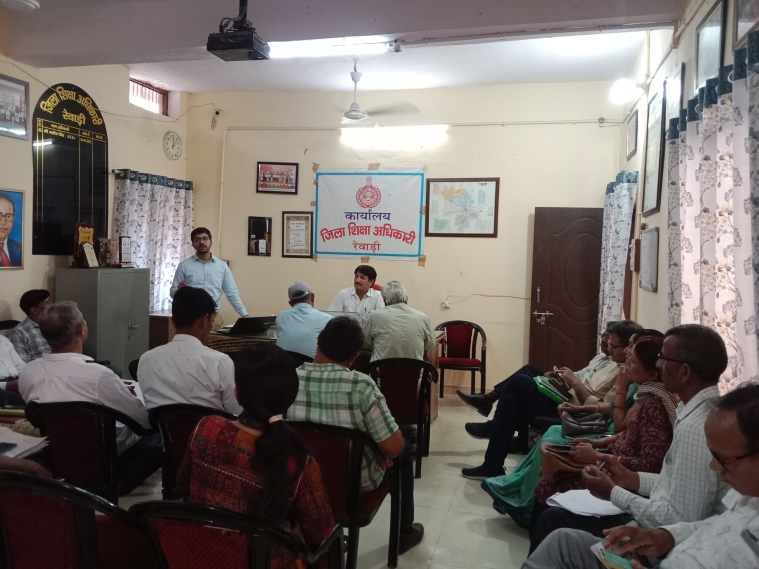
- Additional resource deployment to districts through fellowships (with examples from Madhya Pradesh and Tamil Nadu)
In August 2023, the Government of Madhya Pradesh (MP) launched the MP NIPUN Professionals Programme (MPNP). The MPNP is a fellowship to get interested high-potential young professionals to be a part of the district NIPUN mission. To enable this, MP unlocked funding of INR 6 Crore via the Project Approval Board (PAB), following which the state hired 52 fellows to work in the background of the NIPUN Mission. As mission partners in Madhya Pradesh, CSF led the design and launch of the fellowship, including hiring and planning fellow management. The two-year MP NIPUN Professional (MPNP) programme envisions accelerating mission outcomes at a district level.
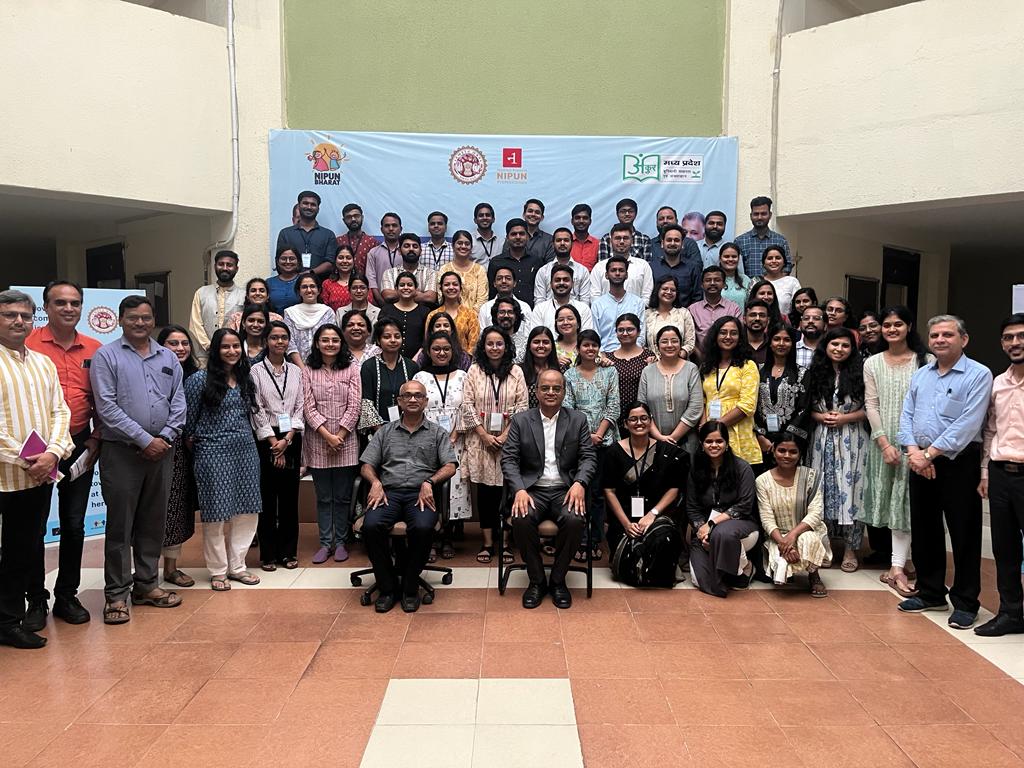
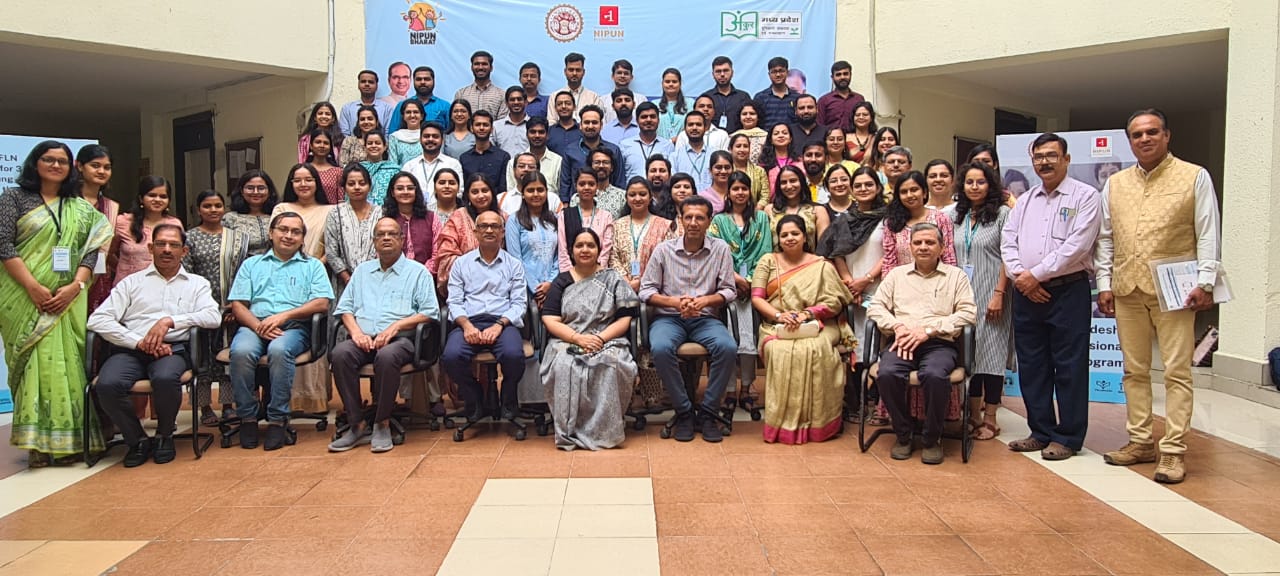
Similarly, the Government of Tamil Nadu introduced the Tamil Nadu Education Fellowship. This initiative aims to enlist enthusiastic young professionals and offer them opportunities to collaborate closely with education officials at the district level, focusing on the NIPUN Mission alongside other education-focussed areas.
- Additional resource deployment in districts by partnering with CSOs (with examples from Uttar Pradesh, Telangana and Odisha)
The district administration of Ghaziabad and Aligarh districts in Uttar Pradesh has partnered with CSF to enhance the fidelity of the state FLN mission implementation at the district level. Through a well-organised field team of 3-5 people, the DPMUs prioritise quarterly academic objectives, engage with district leaders and strengthen the capabilities of Academic Resource Persons (ARPs) and block-level officers. Leveraging communication platforms like WhatsApp, the team ensures widespread awareness of the programme’s objectives and activities. Moreover, the DPMUs collaborate closely with district leadership to conduct data-backed review meetings, thereby fostering a culture of data-driven decision-making.
Similar DPMUs have also been formed in select districts of Telangana and Odisha to enhance implementation fidelity across academic and governance mission workstreams.
- Providing financial support to districts to find and deploy additional support
Under annual PAB, states can seek additional funds from the Central Government for hiring external experts to support DPMU capacity. Financial support of INR 6 to INR 24 lakh per district has been earmarked for this under the Samagra Shiksha Scheme.
Conclusion
To summarise, districts serve as crucial drivers of NIPUN Mission reforms, spearheading change within the education system. States can unlock the full potential of District Project Management Units (DPMUs) by fostering an environment conducive to innovation and accountability at the district level.
This entails prioritising the provision of adequate resources and support to DPMUs and ensuring that they possess the requisite tools and expertise for successful reform implementation. Furthermore, states must commit to continuous improvement initiatives for DPMU members, enhancing their effectiveness in advancing achievement of NIPUN Mission objectives. Ultimately, the collaborative effort of states, districts and DPMUs is pivotal in achieving the overarching goal of establishing an inclusive and high-quality education system for all learners.



